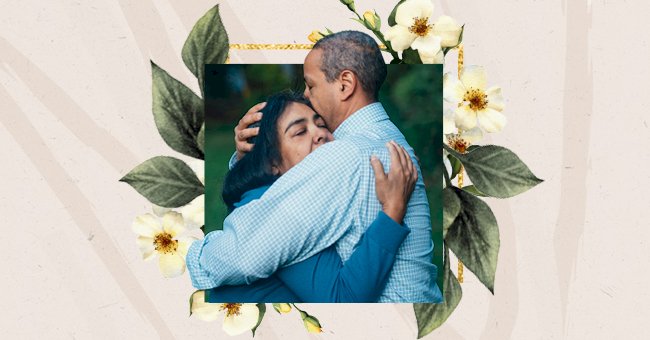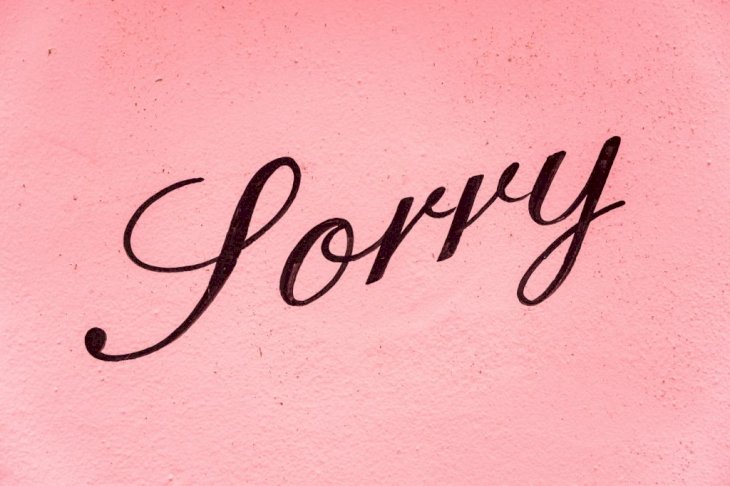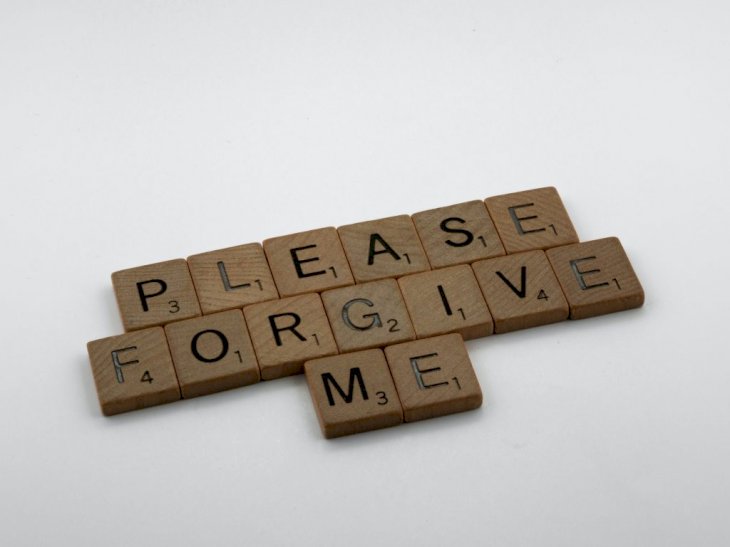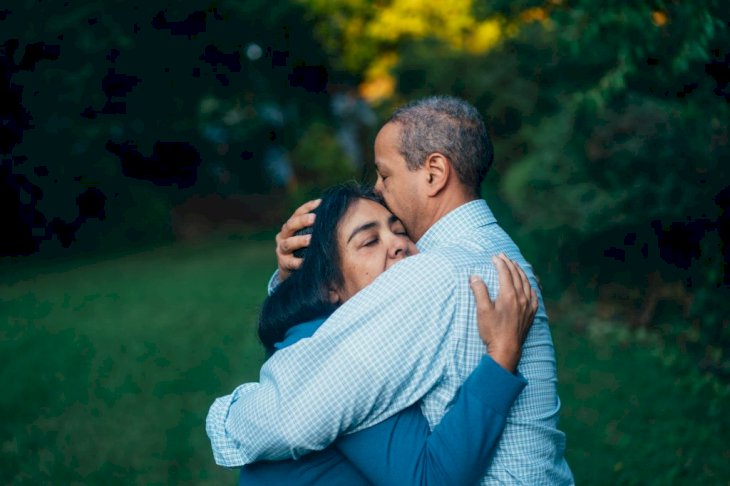
A Comprehensive Guide To Apology Languages
The way you apologize can make or break a relationship depending on how the other person receives it. Like a love language, people have different apology languages that they best respond to.
Most people are familiar with the concept of love languages and understand that everyone has their own. The same applies to the way people say and receive apologies, but it hasn’t been explored as much.
Knowing your apology language and those of the people around you can help you communicate better. Take a look at the five apology languages and learn how they can affect how you approach apologies.
The Five Apology Languages

Nick Fewings on Unsplash
Dr. Gary Chapman first wrote about apology languages in his book ‘The Five Languages Of Apology’. In the book, he and Jennifer Thomas explore how people tell and show their loved ones that they are sorry.
Chapman and Thomas share that there are five apology languages, like the five love languages. These include: expressing regret, accepting responsibility, genuinely repent, making restitution, and requesting forgiveness.

Toa Heftiba on Unsplash
Those who express regret communicate how ashamed, disappointed or upset they are for hurting someone. Accepting responsibility constitutes letting the person you hurt know that you’re aware of your wrongdoings.
People who genuinely repent acknowledge their mistake and express how they want to be better in the future. Making restitution consists of trying to making things right, and requesting forgiveness is straightforward.
Why You Should Know Your Apology Language

Brett Jordan on Unsplash
Knowing your love language can help you communicate your needs from loved ones more clearly. The same applies to learning your apology language as this will help you feel acknowledged and vice versa.
“Misunderstandings may creep in if you and your partner have different apology languages. The only way to avoid them is to know each other’s type and act on it whenever the need arises.”
Says Dating Expert Amy Olson

Gus Moretta on Unsplash
Conflict is expected in all relationships, but the aim is to move past arguments with both parties feeling heard. It’s easy to misunderstand someone if you have different apology languages, so it’s best to know to avoid that.
Navigating Apology Languages

Priscilla Du Preez on Unsplash
The first step in dealing with someone with a different apology language than you is to try to understand them. We are all wired differently, but all deserve to feel acknowledged by loved ones.
“Seek to understand and make an intention to practice each other’s apology languages as a means to become closer and heal together,”
Says Psychologist Janet Brito

Harli Marten on Unsplash
Learning your loved one’s apology language can help you get through conflict better together. Compromise and communication can help you navigate each other’s apology languages in this case.
If you are trying to learn about your apology language, you can take a quiz by Dr. Chapman himself. Other experts also recommend journaling and speaking to a professional to know how you apologize and accept apologies.